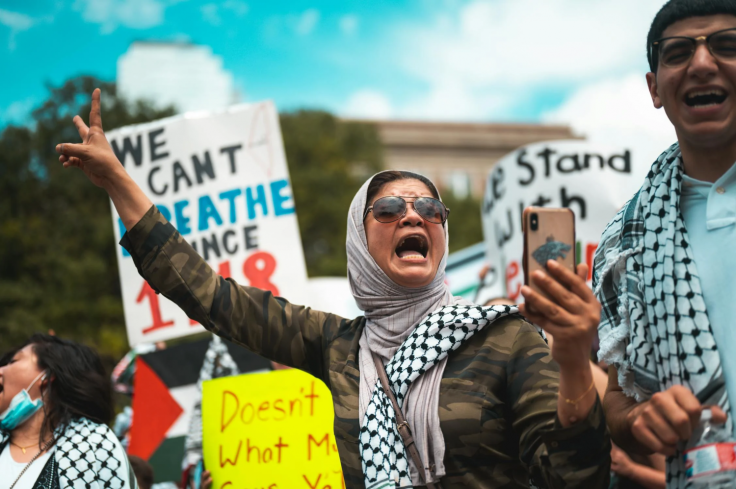Judge Temporarily Stops University of California Academic Workers' Strike Backing Pro-Palestinian Protesters
ByThe recent halting of a University of California (UC) academic workers' strike has drawn attention to the intersection of labor rights, academic freedom, and political activism.
Members of UAW Local 4811 initiated the strike to support pro-Palestinian protesters and to demand the dropping of criminal and disciplinary charges against arrested members. The strike, which began at UC Santa Cruz, expanded to include five other campuses and over 30,000 academic employees. This article explores the motivations behind the strike, the legal proceedings that halted it, and the ongoing implications for labor rights and political activism in academia.

The Catalyst for the Strike
The strike commenced on May 20 at UC Santa Cruz, driven by the arrest and disciplinary actions against several academic workers involved in pro-Palestinian activism. UAW Local 4811, representing graduate student workers, postdoctoral scholars, and other academic employees, demanded that the UC system drop these charges. The union argued that these actions were not only unjust but also an infringement on the academic workers' right to free speech and political expression.
The work stoppage quickly spread to five other UC campuses: Davis, Irvine, Los Angeles, Santa Barbara, and San Diego. The strike highlighted the broader issue of political activism within academic institutions and the repercussions faced by those who engage in such activities. The union's decision to strike underscored a commitment to defending members' rights to political expression and activism without fear of reprisal.
Legal Proceedings and the Temporary Restraining Order
In response to the strike, the UC system labeled the action as "illegal" and sought intervention from the California Public Employment Relations Board (PERB). When PERB did not immediately halt the strike, the UC system escalated the matter to the Orange County Superior Court, seeking a temporary restraining order (TRO) against UAW Local 4811.
On Friday, the court granted the TRO, effectively pausing the strike until June 27, past the end of the spring quarter. The court's decision was seen as a temporary victory for the UC system, which argued that the strike would cause significant disruptions to students' academic progress and critical research projects. Melissa Matella, UC's associate vice president for systemwide employee and labor relations, emphasized the importance of maintaining academic continuity and the detrimental impact the strike could have on students and research.
Matella also reiterated the UC system's stance on lawful free speech activities, noting that while the institution respects the right to protest, the work stoppage was deemed unrelated to employment terms and violated existing agreements. The restraining order has set the stage for a legal battle over the legitimacy of the strike and the broader rights of academic workers to engage in political activism.
Implications for Labor Rights and Political Activism
The halting of the strike raises significant questions about the balance between labor rights and political activism within academic institutions. Union president Rafael Jaime asserted that the fight is far from over, expressing confidence that the law supports their cause and that UAW 4811 is prepared to continue defending their rights in court. The union's stance highlights the ongoing struggle for academic workers to secure protections for political expression without facing punitive measures.
The case also underscores the complexities of labor relations in academic settings, where the boundaries between employment terms and broader political issues can become blurred. The UC system's response to the strike and the subsequent legal proceedings will likely set a precedent for how similar disputes are handled in the future.
Moreover, the situation brings to light the broader issue of academic freedom and the extent to which institutions can regulate or suppress political activism among their employees. As academic workers continue to advocate for their rights and engage in political activism, institutions must navigate the delicate balance between maintaining academic operations and respecting the rights of their employees to engage in lawful protests.
The temporary restraining order halting the UC academic workers' strike has sparked a critical dialogue about labor rights, political activism, and academic freedom. As the legal battle continues, the outcome will have far-reaching implications for the rights of academic employees and the future of political activism within academic institutions. The situation at the University of California serves as a potent reminder of the ongoing struggle to protect the rights of workers while ensuring the integrity and continuity of academic endeavors.
© 2025 University Herald, All rights reserved. Do not reproduce without permission.








